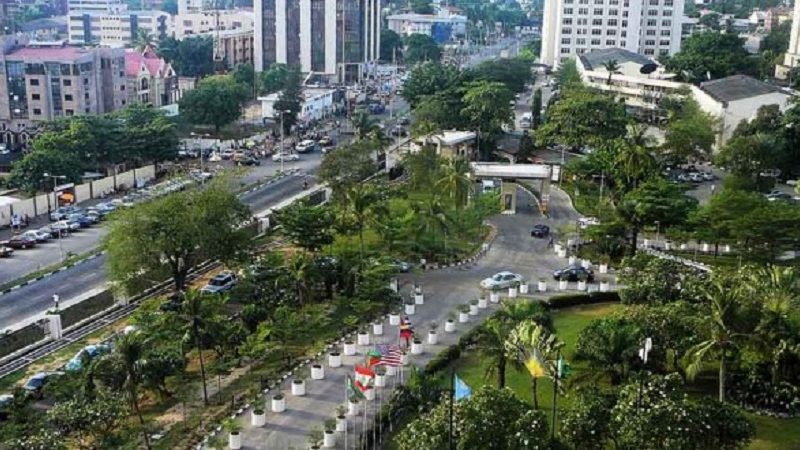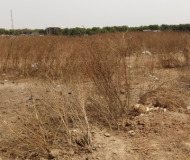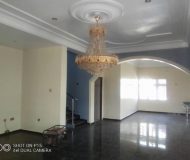
MAITAMA, ABUJA NIGERIA’S PINNACLE DISTRICT
Nestled within the heart of Nigeria’s capital city, Abuja, Maitama stands as a prime district, characterized by its elegance, modernity, and vibrant ambiance. This upscale neighborhood is home to diplomatic missions, high-ranking government officials, affluent residents, and a thriving expatriate community. To truly appreciate Maitama’s prominence, it is essential to delve into its history, which traces back to the very foundations of Abuja as the nation’s new capital.
Inception and Planned Development
The idea of moving Nigeria’s capital from Lagos, the bustling economic hub, to a more centralized location dates back to the early 1970s. The decision aimed to address the challenges of congestion and administrative inefficiencies in Lagos. Abuja, strategically situated at the center of the country, was chosen as the new capital city. The Federal Capital Development Authority (FCDA) was tasked with the monumental responsibility of planning and constructing this modern metropolis.
Maitama was among the first districts to be planned and developed. Named after the late Alhaji Mohammed Maikanti Abubakar, one of Nigeria’s prominent citizens and a former minister of Nigeria’s Federal Capital Territory, the district was established in the late 1970s and early 1980s.
Development Phases and Growth
Maitama’s development occurred in multiple phases, with meticulous urban planning to ensure a well-organized and functional district. The district was designed to host some of the most important governmental institutions, including the Presidential Palace (Aso Villa) and the National Assembly. Its close proximity to these institutions contributed to its status as a highly sought-after residential area for influential figures.
During the early stages, Maitama’s development mainly revolved around government buildings, embassies, and official residences. However, as Abuja rapidly grew into a global city, Maitama evolved into a cosmopolitan district, attracting a diverse mix of residents from both Nigeria and abroad.
Read Also: Exploring the Enchanting Beauty of Life Camp, Abuja
Architectural Marvels and Landmarks
Maitama’s landscape showcases a blend of modern architectural marvels and green spaces, creating an aesthetically pleasing environment. The district features striking contemporary buildings, luxury hotels, upscale shopping centers, and world-class restaurants.
One of the district’s most notable landmarks is the Aso Villa, the official residence of the Nigerian President. The vast presidential complex is surrounded by lush gardens and is a symbol of Nigeria’s political power and prestige.
In addition to the Aso Villa, Maitama is home to numerous embassies and high commissions, reflecting its significance as an international diplomatic hub. These diplomatic missions contribute to the cosmopolitan atmosphere and cultural diversity of the district.
Present-day Maitama
As a premier district in Abuja, Maitama remains a coveted address for the country’s elite and the diplomatic community. The neighborhood’s exclusivity is enhanced by its array of luxurious residences, upscale amenities, and close proximity to essential facilities such as hospitals, schools, and leisure options.
Properties: BUY A PROPERTY IN ABUJA
Maitama’s allure is further amplified by its well-maintained roads, parks, and recreational spaces, making it a pleasant and safe place to live and work. The district also boasts a range of recreational clubs, golf courses, and leisure centers, providing residents with an unparalleled quality of life.
The history of Maitama, Abuja, is intricately woven into the fabric of Nigeria’s capital city. From its inception as part of the visionary plan to establish Abuja as the nation’s capital, Maitama has grown into a vibrant and upscale district that embodies the spirit of modern Nigeria. With its striking architecture, diplomatic prominence, and allure of exclusivity, Maitama remains a symbol of Nigeria’s aspirations and progress on the global stage.





